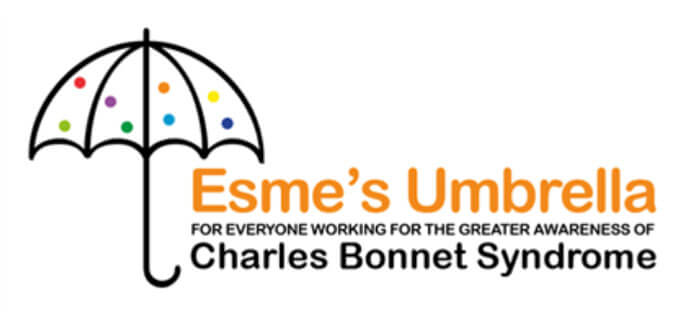A study published today in BMJ Open Ophthalmology has shown the impact of COVID-19 on those already experiencing vivid hallucinations as a result of Charles Bonnet Syndrome (CBS). The study of 45 patients from Moorfields Eye Hospital between June and July 2020 reported harrowing increases in symptoms in over half of participants.
Charles Bonnet Syndrome hallucinations also feature on this week’s Coronation Street. Jonny, an established character, who is in prison and has Multiple Sclerosis, is beginning to hallucinate due to his sight loss from optic neuritis. He is scared, isolated and afraid that people think that he is ‘going mad’.
The study and the soap together shine a spotlight on the condition and those who live with it.
The BMJ Open Ophthalmology study highlights that social isolation, loneliness, lack of exercise and exposure to distressing media over the COVID-19 lockdown has exacerbated and intensified visual hallucinations in 56% of the patients studied. Another recent study found that loneliness was considered the most concerning aspects of the pandemic amongst the general population, more so than contracting the virus itself [1].
Esme’s Umbrella, the UK’s CBS campaign has been working tirelessly since it was founded by Judith Potts in 2015 to raise awareness of the condition. She says: "Sadly it is often overlooked as a mental health condition or otherwise and is therefore not managed effectively. I am so pleased that our voice is now being heard and the horror of the condition is being recogniSed not only on national TV but also in this latest study.

"My dream is that anyone experiencing CBS will not be afraid to go to their doctor and when they do, they will be diagnosed quickly. COVID-19 has added to the situation in negative way as highlighted in the study.”
Professor Mariya Moosajee, lead researcher says: “I had been trying to raise awareness of this condition pre-COVID, it can affect any one with sight loss ranging from young children to the elderly. COVID has impacted every single one of us, but now we have evidence that social isolation is precipitating a scary complication of visual impairment, which may have a major long-term effect on mental health.”
Charles Bonnet Syndrome is not curable but there are techniques to manage the condition as well as support. The study showed that, where possible, increasing social interactions and engaging in physical exercise could help to reduce hallucinations.
The study also demonstrates that an increase in healthcare professionals being aware of CBS risk factors is vital to diagnose more effectively. This leads to better strategies to promote patients being able to manage their condition.
The study was supported by the NIHR Moorfields Biomedical Research Centre, The Thomas Pocklington Trust and The Wellcome Trust.
For more information on CBS, go to https://www.charlesbonnetsyndrome.uk/
Reference
- The Academy of Medical Sciences. 2020. Available Online: www.acmedsci. ac.uk/COVIDmentalhealthsurveys (accessed February 6, 2021).



